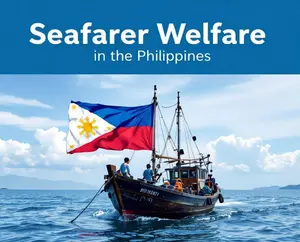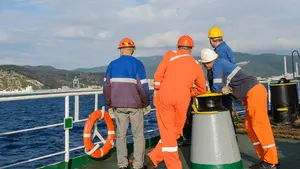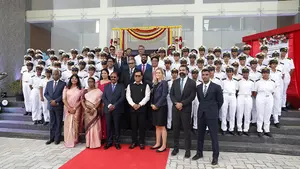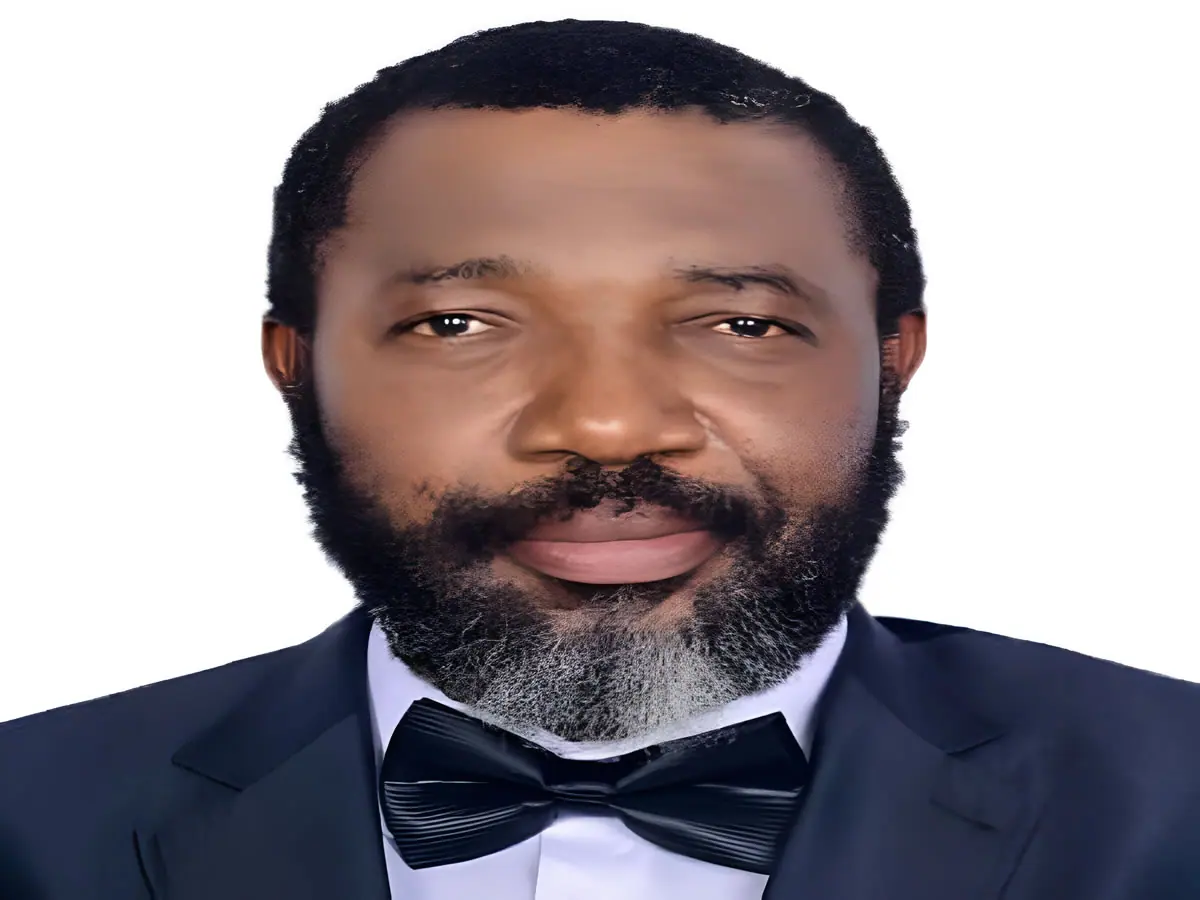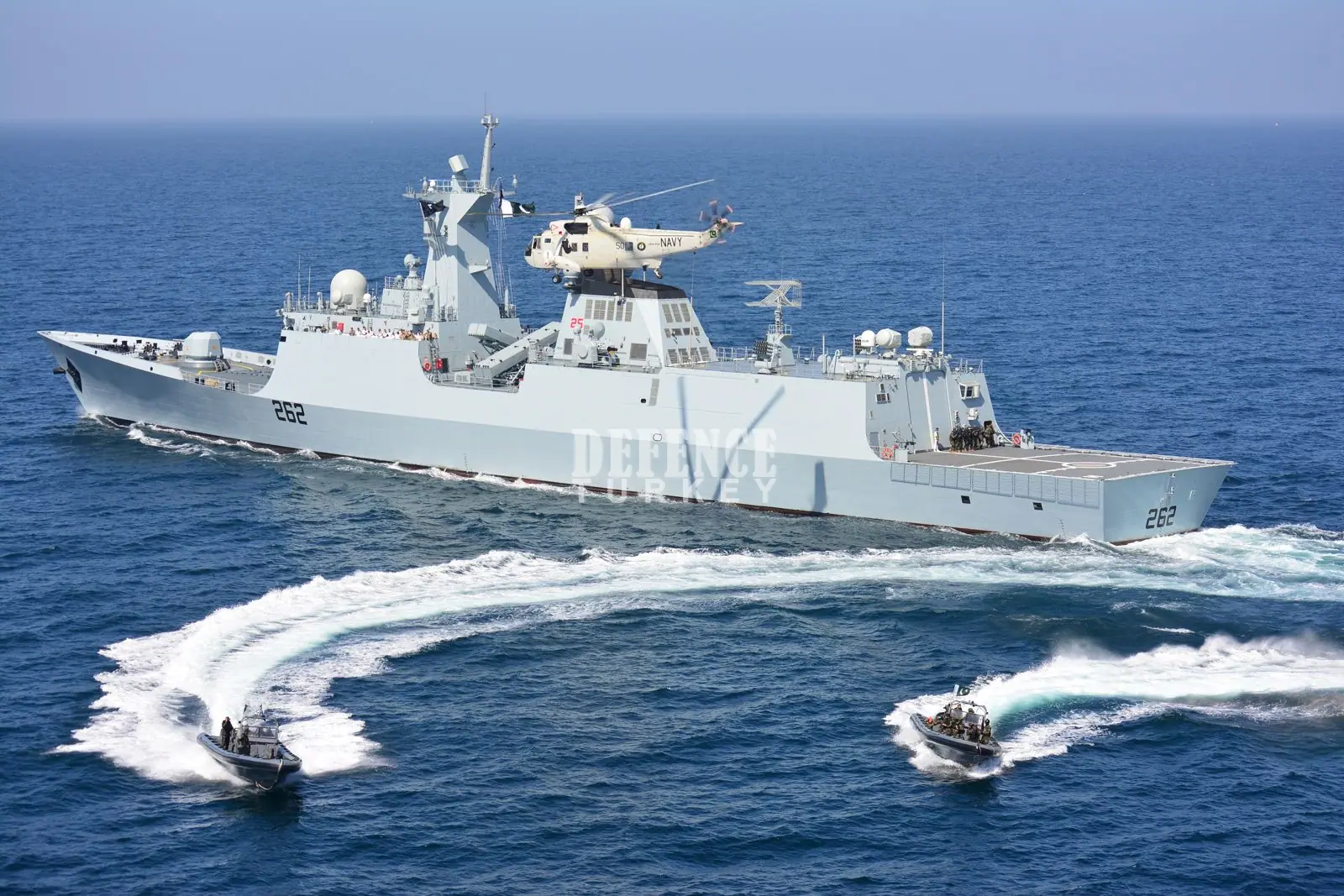Dr. Eugene Nweke, Head of Research at the Sea Empowerment and Research Center (SEREC) and former President of the Nigeria Association of Government Approved Freight Forwarders (NAGAFF), offers insights into the Nigerian maritime industry during an interview. He discusses recent challenges and developments in the sector, particularly focusing on the first quarter of 2025 and expectations for the upcoming months.
### Current Industry Assessment
Dr. Nweke describes the Nigerian maritime industry as resilient, noting minimal growth in cargo volumes and trade activities amidst ongoing issues like congestion, inadequate infrastructure, foreign exchange policy impacts, rising inflation, and regulatory hurdles. He highlights that efforts by Customs to enhance economic operations have not yet shown significant results. Furthermore, he mentions the absence of progress in the African Continental Free Trade Area (AfCFTA) and stresses the importance of a robust online portal for Customs to improve efficiencies in trade facilitation.
In an ongoing discussion about tax reform, Dr. Nweke reveals that the first quarter saw a public hearing, with stakeholders deliberating on pressing issues. However, he remains optimistic that improvements will emerge in the second quarter, particularly following the signing of a national development policy for the marine and blue economy, which aligns all maritime operations with new regulatory guidelines.
### Future Expectations
Expectations for the second quarter revolve around the newly approved national development policy, marking a watershed moment as it sets standardized operational directives for the maritime sector. This development follows years of revision and stakeholder input, signifying a collective effort to streamline policies that govern maritime activities.
### Impact of SEREC
Dr. Nweke emphasizes that SEREC’s establishment aims to promote research, capacity building, and data-driven decision-making in the maritime sector. The center has contributed to informed policy decisions and enhanced stakeholder engagement, even though its impact is not subject to self-judgment.
### Research Gaps and Insights
He identifies several urgent research gaps in the industry, such as those relating to maritime safety, environmental sustainability, digitalization, regulatory challenges, and economic assessments. Addressing these can significantly influence policy decisions and lead to industry growth.
The center has been proactive in providing data-driven insights on trade patterns, cargo volumes, and port performance, aiding stakeholders in making informed decisions based on evidence.
### Regulatory Advancements
Regarding the Nigerian Port Economic Regulatory Agency Bill, Dr. Nweke observes promising progress but notes it has yet to receive presidential approval. He emphasizes that stakeholders must remain vigilant and advocate for its enactment to enhance industry efficiency. The recent tax reforms, positioned to curtail agency supremacy tussles, are seen as pivotal for achieving developmental goals in the industry.
Overall, Dr. Nweke expresses cautious optimism about transformations within the Nigerian maritime domain, pointing to leadership changes and legislative advancements that could disrupt long-standing challenges and foster a more regulated environment conducive to growth. With continuing efforts toward comprehensive policy implementation, he anticipates positive changes in the maritime industry in the near future.
Source link
